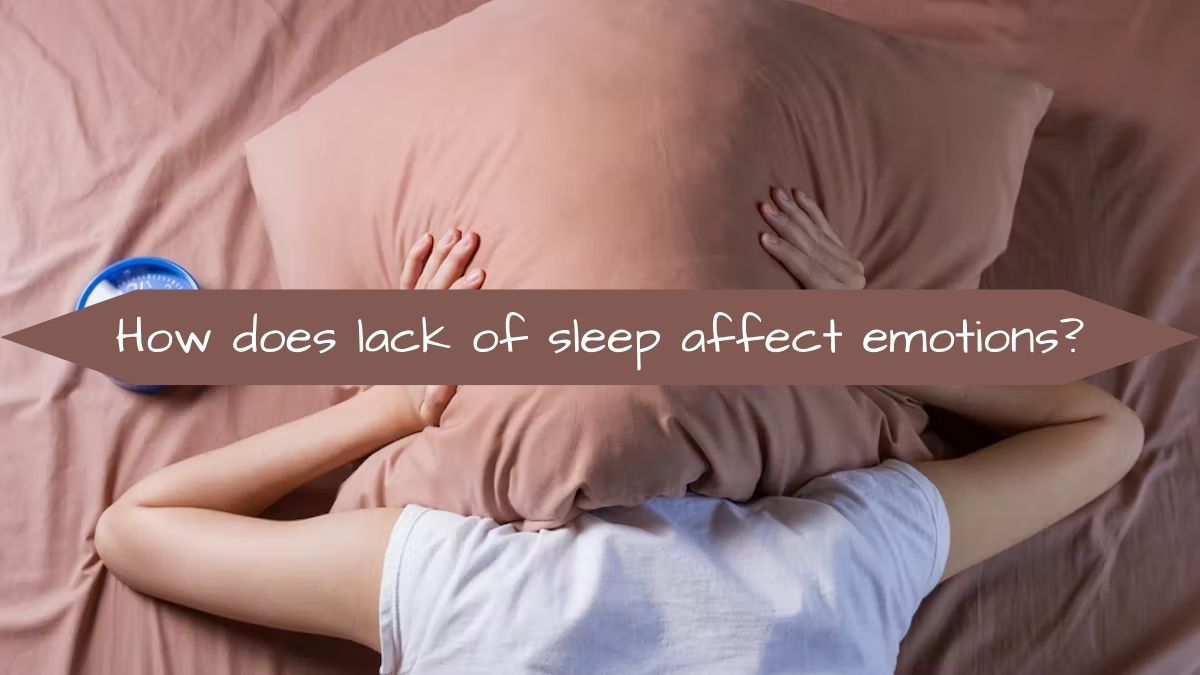How does lack of sleep affect emotions?
In this article, I would like to point out sleep effect that although you may have heard of ‘get enough sleep for 8 hours a day’, it’s very common, but it doesn’t apply to everyone. In other words, everyone needs a slightly different way of sleeping/resting. Let’s take a closer look.
How to tell the difference between insomnia and normal sleep changes
It is inherently very important to know that people can be very different.
“People who sleep short” are often concerned about the quality of their sleep time. However, unlike people with insomnia, short sleepers don’t have trouble falling asleep. As a result, you will not suffer from sleep affect such as fatigue, difficulty concentrating, and irritability during the day.
This obviously takes a bad quality sleep, and the time doesn’t last too long.
As we age, the amount and quality of our sleep changes.
As you can see, all of these situations aren’t the only problems in themselves; they can be the first signs of our sleep affect, which can make us irritable and anxious.
What happens if we don’t get enough rest?
When we don’t get enough sleep, when we’re depressed, when we’re tired, when we’re disappointed
Therefore, knowing our body’s sleep rhythm can be used as a good means to repair and revitalize our body, and our lack of sleep can have fatal consequences. Let’s take a few examples below:
Petulance
When you don’t get enough sleep, you get very excited, everything goes crazy, and you even feel unbearable anger.
Therefore, we can clearly see all the aggressive behavior around us. Most of them make us angry, and even the smallest things make us violent. Worst of all, we can’t control our impulses.
Fatigue and depression
Lack of ‘energizing sleep’ has negative consequences for our minds and moods as well.
It lowers our self- esteem and lowers our motivation for new activities.
The overlap of the same fatigue can trigger hallucinations or even strange experiences for all senses (sight, touch, hearing, etc.).
Emotional instability
Lack of rest makes it difficult for us to control our emotions, thoughts and actions. Our emotions become wild and rapid like a roller coaster.
We’ve just had a good laugh, and then all of a sudden we experience sudden mood swings that make us want to cry.
Numbness of the senses
The degree of our attention and concentration decreases.
This confusion is not a neurological problem
Unable to make a decision, Indecisiveness
If you don’t get a good night’s sleep, your actions and thoughts will become much more erratic.
Severe depression, hypertension, myocardial infarction
How to reorganize your sleep?
Being aware of and caring about our body and mind
We need to keep our daily life in balance.
- Do not consume caffeine within 6 hours before bedtime.
- Do not drink or smoke within 2-3 hours before bedtime.
- Don’t do strenuous exercise before bed.
- Don’t eat too much food before bed.
- If you wake up in the middle of the night, don’t eat.
- Keep the temperature in the room comfortable (avoid over 23 degrees Celsius), and dim the lights and noise when you sleep.
- Don’t sleep when you’re hungry.
- Do not sleep on a hard mattress.
- Reduce naps.
- To reduce worry, put the alarm clock away from the room.
- Sleep only at night, when you are sleepy.
- If you can’t fall asleep within 20 minutes of going to bed, get up and do some light activity until you feel sleepy.
Follow your routine and only go to bed when you are sleep
For More Articles: momatwork.co.uk







